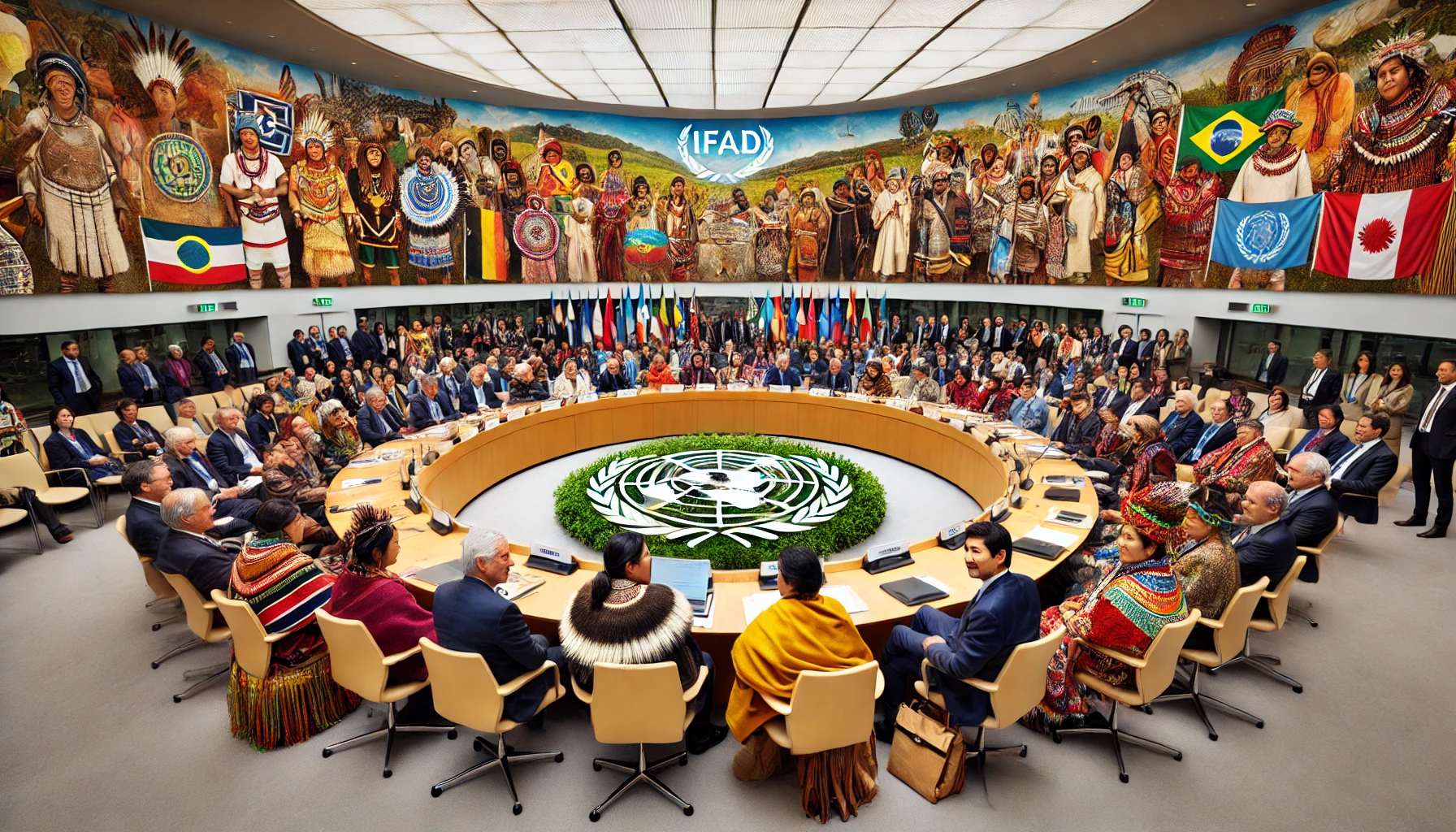UN Expert Calls for State Recognition of Indigenous Justice Systems
“Indigenous Peoples’ justice systems are integral to the autonomy and self-determination of Indigenous Peoples,” Satterthwaite stated.

A leading United Nations human rights expert has called on countries around the world to formally recognize the legal systems of Indigenous Peoples, affirming that Indigenous justice systems are vital to self-determination, cultural integrity, and accessible justice.
Margaret Satterthwaite, the UN Special Rapporteur on the Independence of Judges and Lawyers, delivered a compelling report to the Human Rights Council, urging States to enshrine Indigenous Peoples' rights to maintain, strengthen, and develop their customary legal systems. Her message was clear: the protection and promotion of Indigenous justice institutions are not only integral to Indigenous autonomy but also to achieving justice that is fair, inclusive, and effective.
Indigenous Justice: A Pillar of Self-Governance
“Indigenous Peoples’ justice systems are integral to the autonomy and self-determination of Indigenous Peoples,” Satterthwaite stated. “They are essential, not only for Indigenous governance, but also for resolving disputes and strengthening community resilience.”
These systems, which have often evolved over centuries, offer culturally grounded alternatives to mainstream legal structures that have historically marginalized Indigenous communities. They often emphasize restorative justice, community healing, and consensus-building—principles that are increasingly acknowledged as effective in achieving social cohesion and justice outcomes.
A Human Rights Imperative
Satterthwaite stressed that international human rights instruments—including the UN Declaration on the Rights of Indigenous Peoples (UNDRIP)—support the recognition of Indigenous legal systems. Human rights mechanisms have repeatedly underscored that Indigenous justice systems must be safeguarded while aligning with core human rights principles such as:
-
Women’s equality and non-discrimination
-
Access to a fair trial
-
The right to a remedy for rights violations
She emphasized that these standards must be embedded within Indigenous justice practices through dialogue, mutual respect, and Indigenous leadership—not by imposing external norms that could undermine cultural legitimacy.
Key Barriers to Legal Recognition
The report identifies three persistent barriers that hinder Indigenous Peoples from exercising their full juridical rights:
-
Non-Recognition by States: Many governments have failed to formally acknowledge Indigenous justice systems in their legal or constitutional frameworks, effectively denying their legitimacy.
-
Restrictive Implementation: Even in countries that do offer formal recognition, Indigenous legal systems often face bureaucratic and legal constraints that limit their autonomy and authority.
-
Lack of Integration and Support: States often neglect to adapt existing national justice systems to coordinate with Indigenous structures, resulting in confusion, jurisdictional conflict, or outright criminalization of Indigenous judicial authorities.
Respect, Coordination, and Legal Safeguards
“States should recognize Indigenous Peoples’ justice systems in constitutional or other legal provisions,” said Satterthwaite. “Decisions of these systems must be respected, and States must not criminalize Indigenous authorities.”
She further advocated for an Indigenous-led process to establish guiding principles for how Indigenous and state justice systems should interact. Such a process, she argued, would be essential in building mutual respect, legal clarity, and operational coordination.
The report encourages blended judicial approaches, where customary and formal legal systems work in parallel or together, especially in areas where national legal systems fall short in serving remote or marginalized populations.
A Call for Transformative Justice Reform
Satterthwaite's recommendations come at a time when legal and human rights institutions worldwide are reckoning with colonial legacies and systemic discrimination embedded in state justice systems. For many Indigenous communities, mainstream courts are not only geographically inaccessible but are also viewed as alien and oppressive due to histories of forced assimilation, land dispossession, and cultural erasure.
By recognizing and empowering Indigenous judicial systems, countries can foster legal pluralism that respects diversity and supports justice that is culturally resonant, community-based, and human rights-aligned.
Her report is expected to catalyze discussions among member states, Indigenous representatives, and legal reform advocates at the Human Rights Council’s 59th session.
A Path Forward
Satterthwaite’s bold appeal underscores a global need to reimagine justice—one where Indigenous voices shape the laws and systems that govern their lives. As nations strive for reconciliation and inclusive governance, integrating Indigenous legal traditions into national frameworks could prove transformative not only for Indigenous communities, but for the pursuit of justice everywhere.










